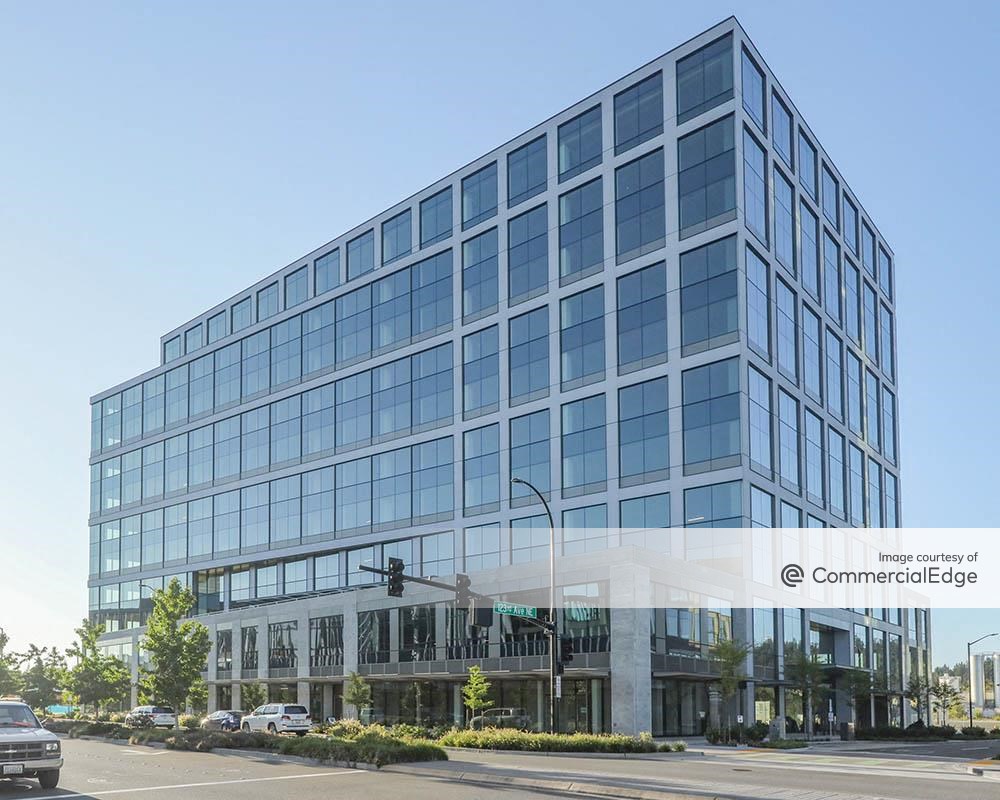The Life Company Advantage in Turbulent Times
These lenders bring certainty and stability to an uncertain lending market, according to Gantry's Blake Hering.
Life insurance company lenders are positioned to be the most competitive source for CRE permanent debt in 2023. To understand why, it’s important to look at the challenges facing various lender types in today’s marketplace, and what differentiates the life companies.
The dramatic upward shift in interest rates has affected all lenders and borrowers. The market is recalibrating to a new environment. The subsequent re-valuation of assets has slowed the pace of transactions since the second quarter of 2022.
Certain property types are sought after by lenders, while others pose a challenge. Robust demand continues for industrial, apartments, self storage, medical office, and grocer or credit-anchored retail. Office properties in urban locations are a significant challenge.
Turbulent market circumstances affect lenders in different ways. Banks are more apt to have made floating-rate loans and construction loans than other CRE capital providers. These loans are more vulnerable to performance issues in a rising rate environment. These performance issues result in the need for banks to increase their reserve requirements. Further, banks are facing liquidity shortages as customers withdraw their savings account balances to invest in higher yielding treasury bonds and CDs.
When banks do lend in the CRE space, they are likely to demand a significant depository relationship to bolster liquidity. As much as 10 to 30 percent of the requested loan balance may be required to obtain loan approval. Also, while banks continue to prioritize existing clients, the need to perform damage control within their portfolio will necessitate loan paydowns to maintain LTV or DSCR covenants. This is likely to strain relationships.
CMBS loans bring valued liquidity to the marketplace for loans that may not otherwise have a home. This loan type is the most challenging CRE loan execution. There are two primary reasons for this: First, the uncertainty surrounding the back-end approvals from the securities buyers, and second, the inability to lock-in an interest rate until the end of the loan process. What these loans do offer is a non-recourse execution with often higher loan proceeds and interest-only features.
Short-Term Loans, Also
Life insurance companies bring certainty and stability to the commercial real estate lending marketplace. Allocations for these sources in 2023 are the same or greater than they were in 2022. Commercial mortgages provide high relative yield and strong historical performance as an alternative to bonds in the fixed income bucket for these capital behemoths. The loan programs offered by these sources are typically non-recourse, fixed rate, and longer-term.
While loaning money long-term matches best with the internal obligations of a life insurance company, however, many are now also accommodating shorter term loans of five years and less to meet market demand. These sources compete most aggressively for the moderate to low leverage loan requests. More recently, in somewhat of a barbell approach, these same sources may also offer higher loan proceeds when warranted to gain extra yield and to meet competitive market challenges.
Spreads, or the lender’s margin over the designated index used to set the interest rate, have compressed to start the year. This has served to enhance their advantages over other capital sources. Further, life companies are now offering greater prepayment flexibility which allows for the best of both worlds for borrowers: a longer-term fixed rate with the ability to pay-off or refinance should rates move lower.
Another key advantage to a life company loan is the ability to secure or lock in the interest rate at the beginning of the process. This is a big benefit to borrowers who seek to eliminate interest rate volatility. Some life company lenders even offer the ability to hold that rate for an extended period; up to 6-, 9-, or even 12-months in select cases.
Today’s global marketplace reflects a turning point. Here in the U.S., after an unprecedented period of economic expansion that has lasted for more than a decade, we now face a period of correction. Asset pricing and valuation is in ‘discovery mode’. In times like these, one requirement stands above all others: certainty of execution. From my 30-plus years of experience, it is the life company process that I trust most.
Blake Hering is a principal with Gantry.








You must be logged in to post a comment.